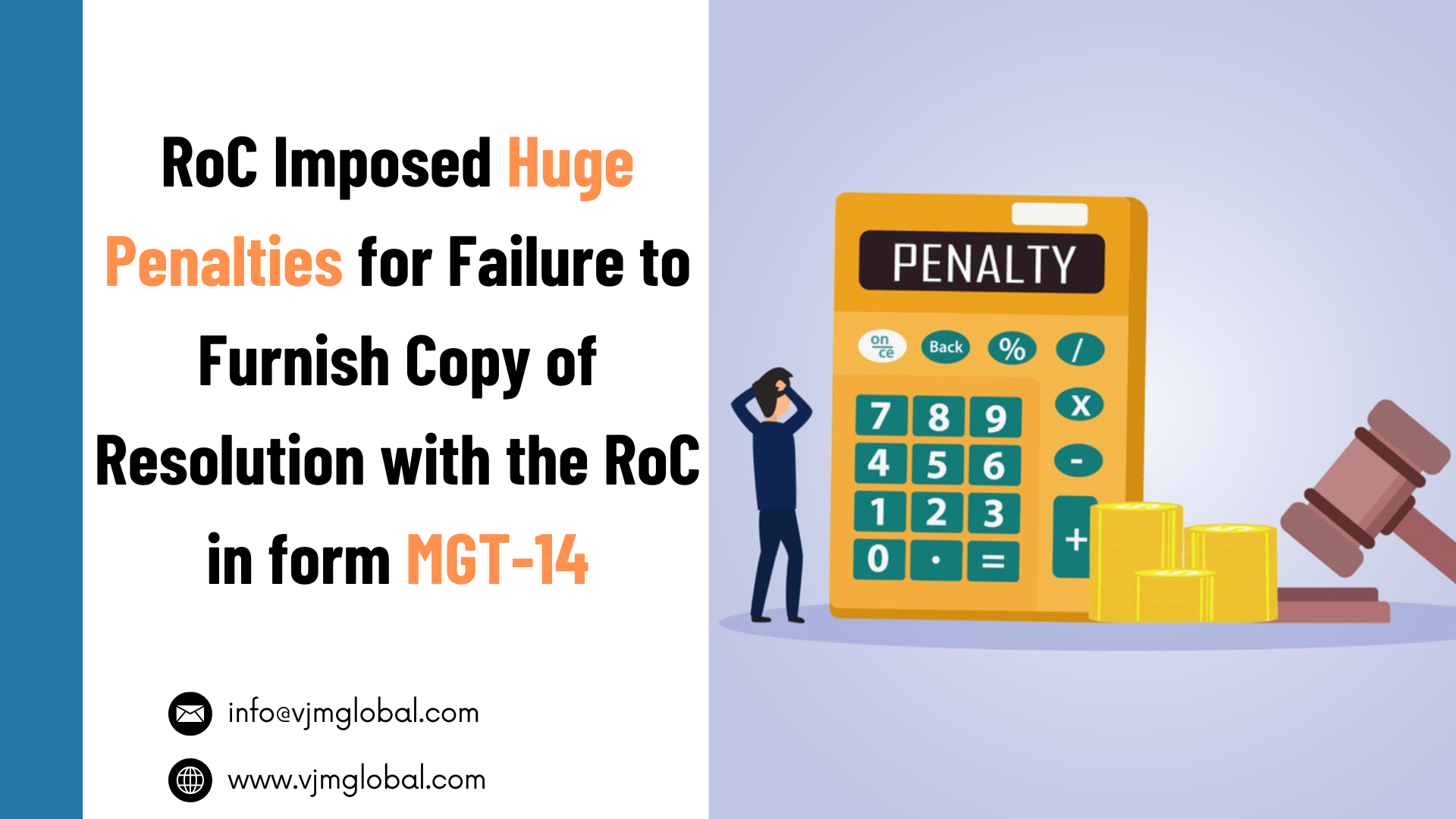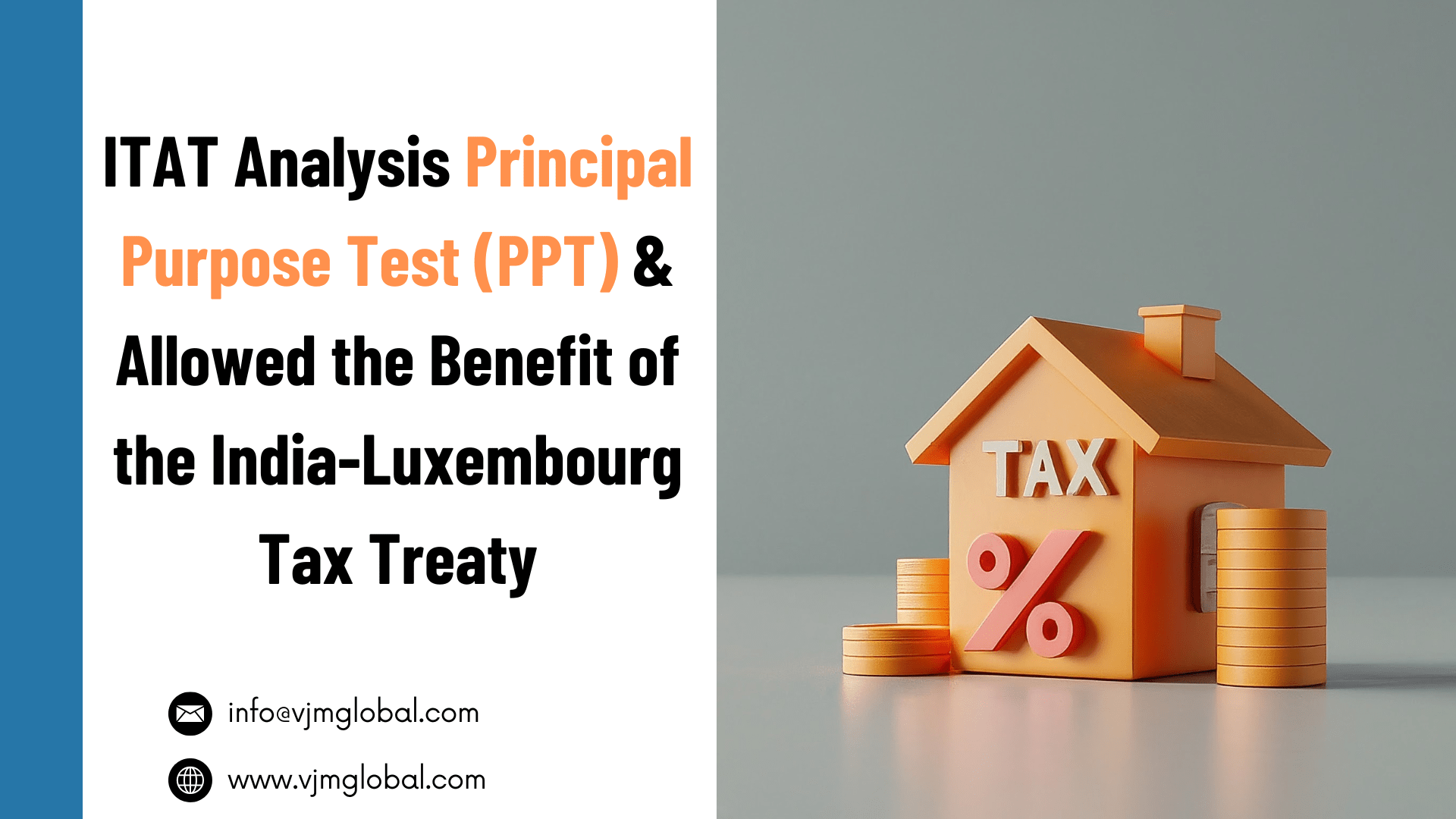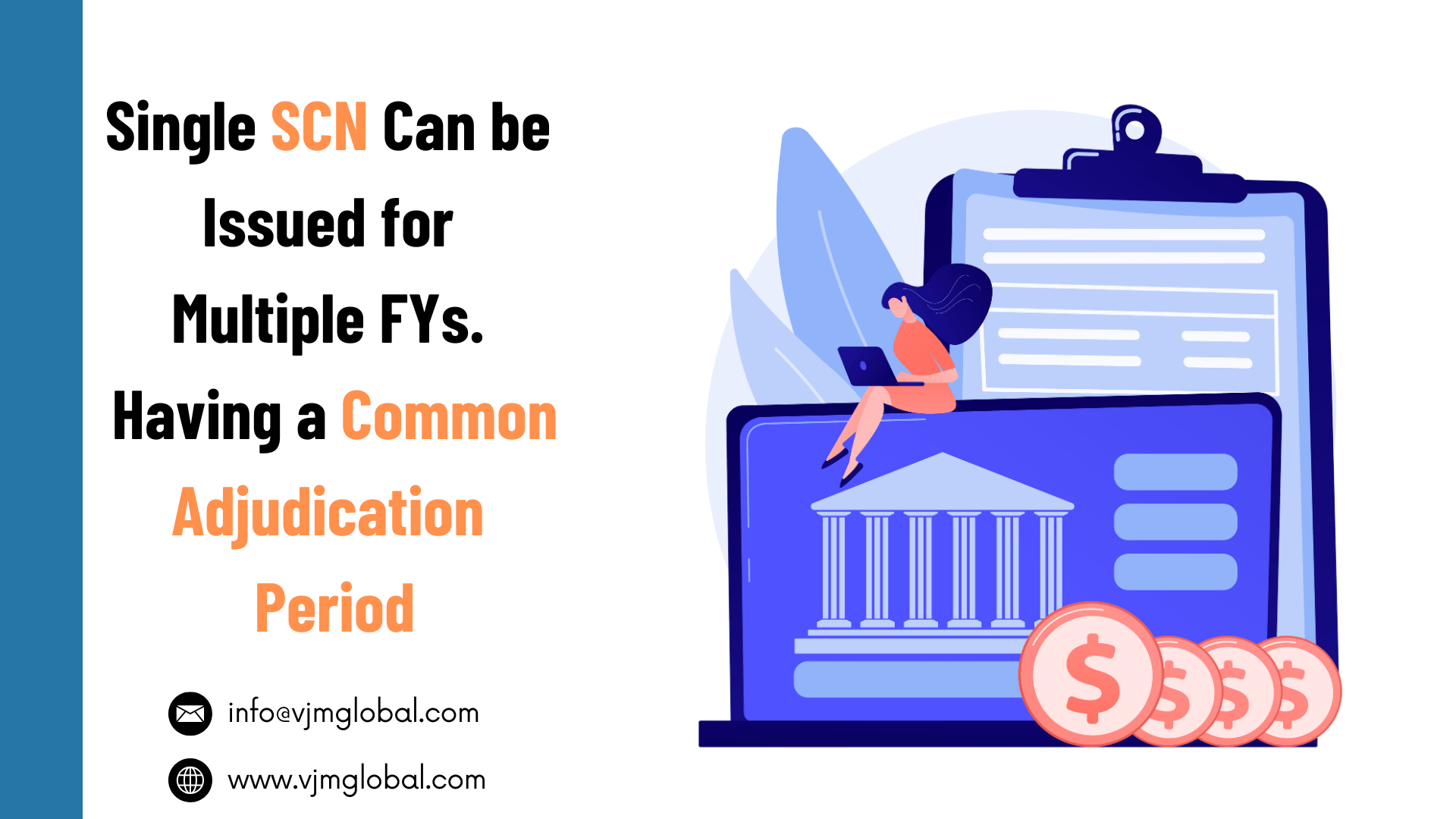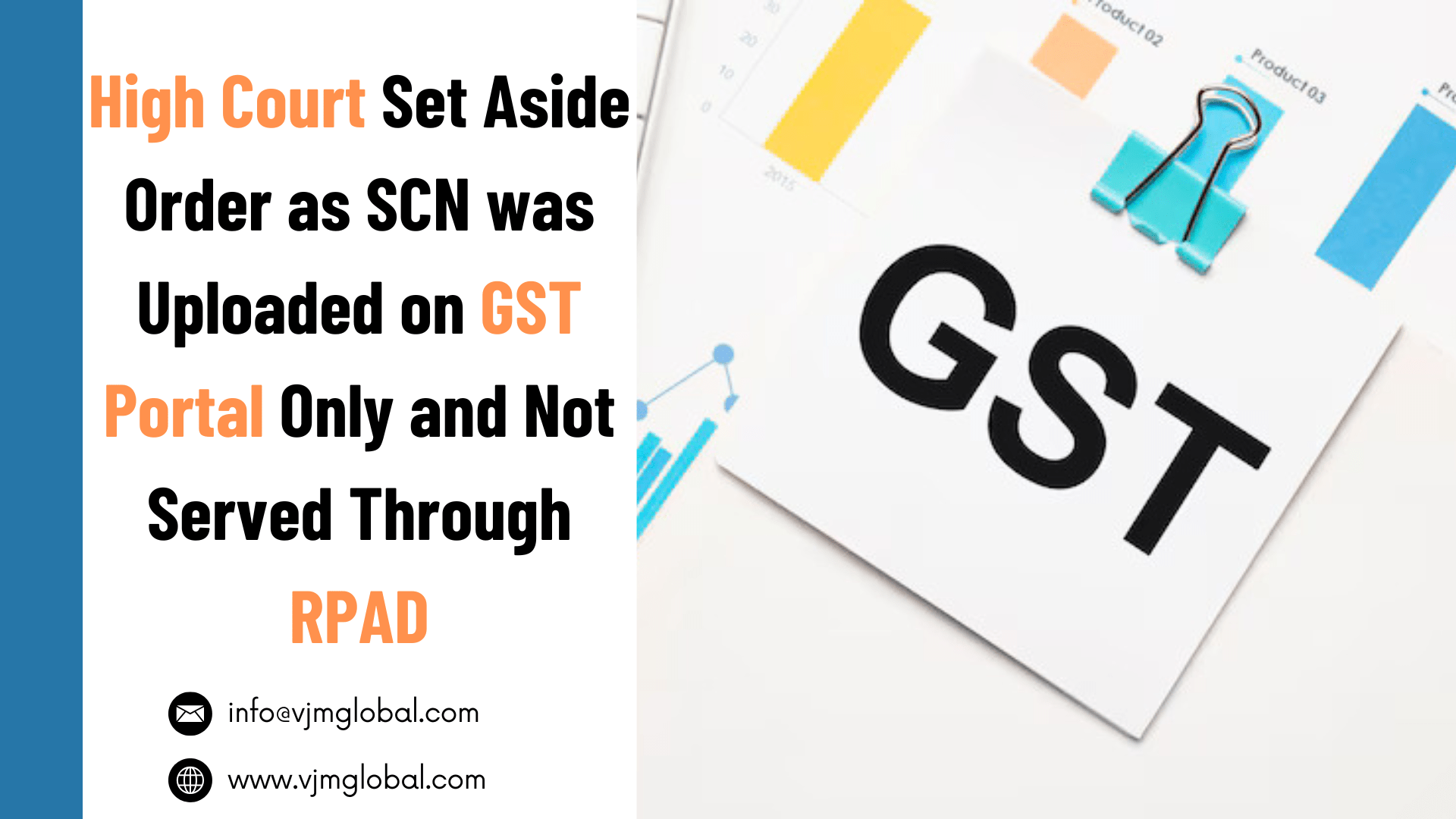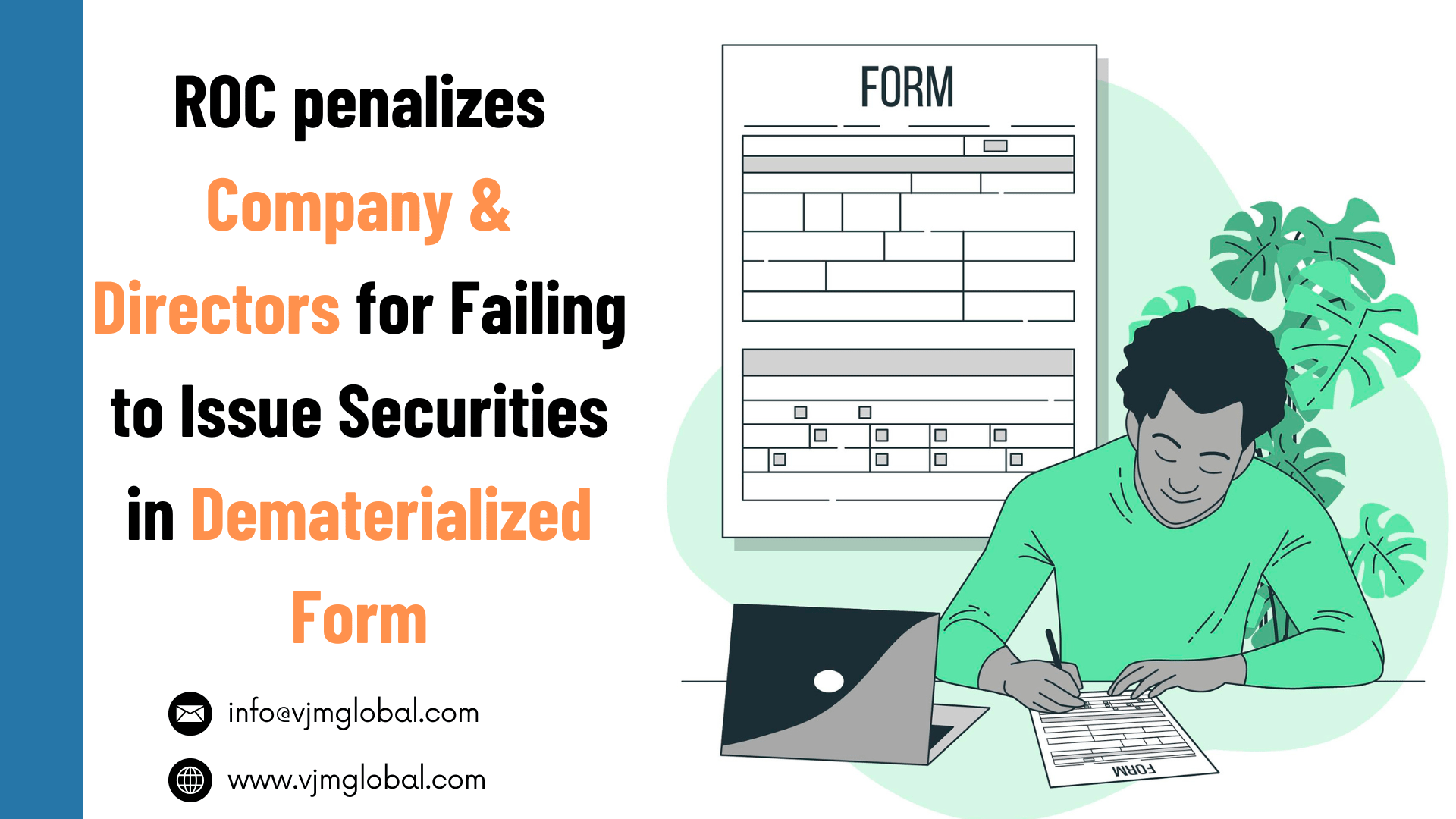Who is Promoter in the Company
A promoter is a person who undertakes to form a company with reference to a given project and sets it going and takes the necessary steps to accomplish that purpose.
A company comes into existence on its incorporation, but for its incorporation, there are required certain preliminary steps. These steps are taken by the promoter, or promoters.
A promoter may be an individual, firm, or association of persons or a company. However, the term “promoter” does not include persons who perform professional duties in respect of the company, for example, solicitors and accountants appointed for the assistance.
Definition of Promoters is defined under section 2(69) of Companies Act, 2013, a promoter refers to a person-
- Who has been named as promoter in prospectus of the company or has been identified as one in its annual returns referred to in section 92 or
- Who has control over the affairs of the company directly or indirectly, whether as shareholder, director or any other position or
- According to whose directions and advice, the Board of Directors of the company is accustomed to act. This means that the person may be a promoter even if he does not hold any position himself, but the Board usually runs according to his advice.
It is important to identify the promoters because the Companies Act provides for several duties, powers and liabilities on the promoters.
1. Role of Promoters during the promotion of company
The promotion of the company is not only the first but also the most important step that defines the success and failure of the company in the future. Some necessary tasks that the promoters undertake during the promotion are as follows:
1.1 Coming up with an idea
The first step is formulate an idea of the company and take steps to execute it. One must inquire about the opportunities that are available in the business field they are moving towards.
1.2 Structurize the plan
The promoters create a proper well-planned structure of the company management and other related functions that the company would require at the start. An expert is usually hired to assess the costs that would be required.
1.3 Name and Registration
The promoters are responsible for moving forward the application for registration of the company with the Registrar of Companies.
1.4 Appointments
The promoters then start appointing all the professionals that would carry out various necessary tasks and contracts for the company.
1.5 Documentation
The promoter has to keep the record of all documents related to the incorporation of the company and make sure there is no misstatement or misrepresentation in them.
2. Duties of Promoters
2.1 Duty to disclose all the material facts and interest in transactions
- The promoter is required to disclose to the company, his position, his profit and his interest in any transaction or private arrangements in which he is entered or proposed to be entered..
- If the promoter starts a company for the purpose of buying his property and wants to draw his payment from the money obtained from shareholders, he must faithfully disclose the facts relating to the property.
- If a promoter buys a property with the intention to re-sell it to the company, it is his duty to disclose all the facts to the company, but if he buys a property initially for the company, he cannot subsequently change his mind and select to act as a vendor rather than as trustee.
- Promoter is not prevented from selling his own property to the company but when he does so, he is bound to take care that he sells it to the company through the medium of board of directors who can and do exercise an independent and intelligent judgement on the transaction.
2.2 Duty not to make any secret profits
A promoter must not make any profit out of promotion of the company without disclosing it to the company. The purpose of starting the company must be distinctly clear to the board members. They must be informed from time to time of all steps that have been taken by the promoters and if in the process of formation of the company, the promoters have made profits that have not been disclosed.Further promoters are empowered to deduct the reasonable expenses incurred by him.
He may sell his own land, intellectual property, professional services at reasonable rate to the companies and in that he can make disclosed profits but he is not allowed to make secret profits
Disclosure should be made to
– Independent Board of Directors or
– Article of Associations
– Prospectus or
– To existing and intended shareholders
3. Penalties on the Promoters under the Companies Act 2013
3.1 Furnishing false information for the incorporation of the company
As per section 7 of Companies act 2013, the promoters, the persons making declarations and the persons named as first directors of the company will be liable where, at any time after the incorporation of the company, it is proved that:
- the company has been incorporated by furnishing any false or incorrect information;
- or, there has been suppressing of material fact or information in any of the documents;
- or, there is any discrepancy in the declaration filed or made for incorporating the company;
- or, there has been any other fraudulent act.
The punishment for the above stated offences is of imprisonment for six months, which can be extended to ten years. Where the fraud involves the question of “public interest”, the minimum imprisonment is 3 years. There is also fine, which is not less than the amount involved in the fraud but which may extend to three times the amount involved in the fraud.(Section 447 of Companies Act 2013)
3.2 Omission in the prospectus
The prospectus of the company should be according to the manner given in the section 26 of the Companies Act. The section sets out in detail all the matters that are to be stated in the prospectus like name and registered office of the company, its secretaries, auditors, legal advisors, bankers, trustees, statement given by Board of Directors about a separate bank account, details of capital structure of the company etc.
In case of any omission of a matter from the prospectus, the promoters and any person who was party to the issue of such prospectus, shall be liable For action under section 447 of Companies Act 2013.
3.3 Liability for misstatement in prospectus
According to Section 35 of the Companies Act 2013, if there is any information in the prospectus which is untrue or misleading, the promoters i.e. persons who authorised the issue of such prospectus can be held criminally liable.
Further, if any person who subscribed to securities on the basis of those misleading statements or because of omission of information and incurred any loss or damage, the promoters shall be liable to compensate all such persons who incurred the loss.
3.4 Fraudulently inducing persons to invest money:
According to section 36 of Companies Act 2013, i f due to any statement, promise or forecast made by the company turned out to be false, deceptive or misleading, and which induced a person to invest in the company, the promoters shall be held liable for actions under section 447 of Companies Act 2013.
3.5 Non-adoption of preliminary contracts
Preliminary contracts are those contracts which are made by the promoters with different parties on behalf of the company yet to be incorporated. Such contracts are generally entered into by promoters to acquire some property or right for and on behalf of the company to be formed.
Promoters are personally liable if the company does not adopt the contracts he entered into on behalf of a company before it was actually incorporated. Pre-incorporation contracts in India are not legally binding upon the company. Two contracting parties are necessary to a contract, whereas the company, before incorporation is a non-entity.
3.6 Liability at the time of Winding up the Company
In the course of winding up of the company, on an application made by the official liquidator, the court may make a promoter liable for misfeasance or breach of trust.
Further where fraud has been alleged by the liquidator against a promoter, the court may order for his public examination.
Thus, it is clear from the above that the Promoters play an indispensable role in the formation of the company. They are also liable for the acts of the company to a large extent which is why any person who is already a promoter or is planning to start a company and play the role of a promoter must keep in mind these duties and liabilities that they would need to take up.


